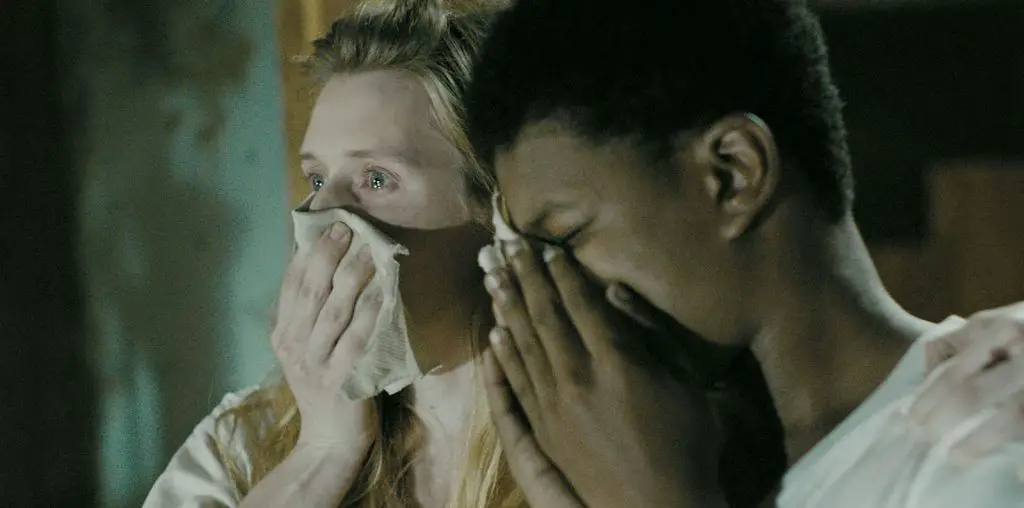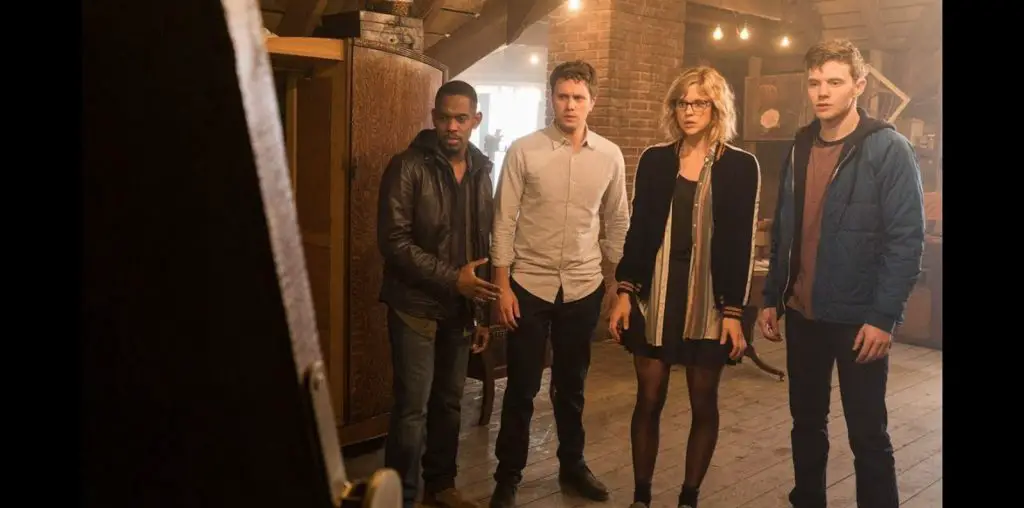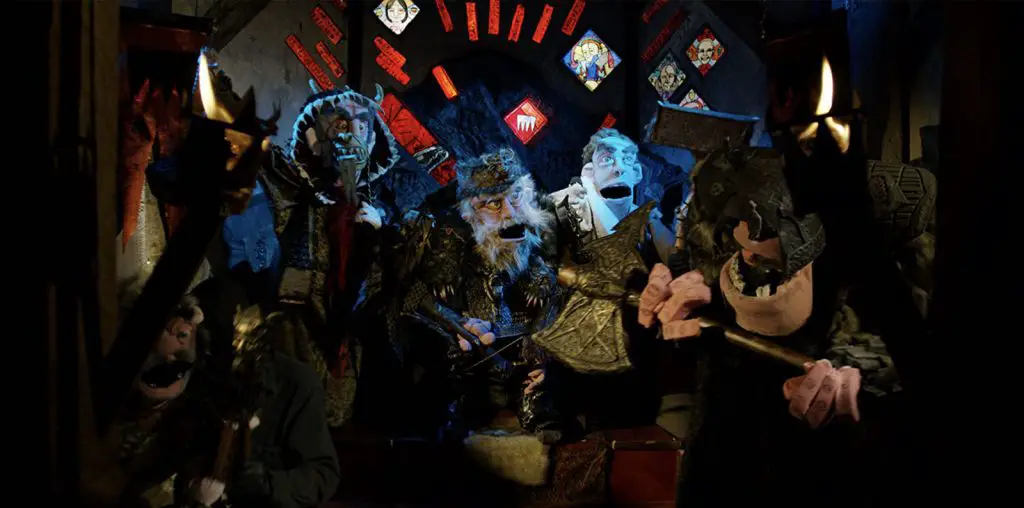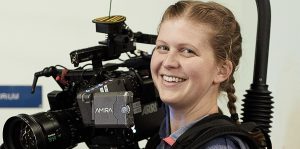
What are the challenges then of a shooting in these times? I know many filmmakers are venturing out into the world and actually shooting films now, what were some of the challenges you faced?
Yeah, I’ve been on several shoots now during COVID. You have to get used to wearing masks and face shields, basically all the time. On Sketchy Times, I got tested every morning, and you have to slow down a little bit as a part of making sure everyone is staying safe. The crews are often smaller. So on Sketchy Times, I was operating the camera. I had another operator and one other AC, who was doing the job of like three people. We tried to stay safe. We also wanted to make it look like we were shooting in many different locations, even though we were a small crew shooting in a house.
I think there’s that discussion in the last few years, but cinematography has been a male-dominated world for such a long time. It seems like this is one of the jobs that doesn’t necessarily differentiate between gender. I imagine that’s still true, or am I missing something?
Yeah. I think if it’s a very female-driven story, I think a woman might be able to bring something, just having a more significant appreciation and understanding of the story. That might cause them to care more. But I think visually, everyone is a little bit different, but I don’t know if me being a woman separates me, I don’t know if I bring something that much more because of my gender, but yeah, that’s a very interesting question.
I think people think because it’s technical, women are less likely to know how to do it or something because it is half a technical job. Also, recently people are surprised to see a woman behind the camera, but it’s getting so much better these days regarding opportunity.
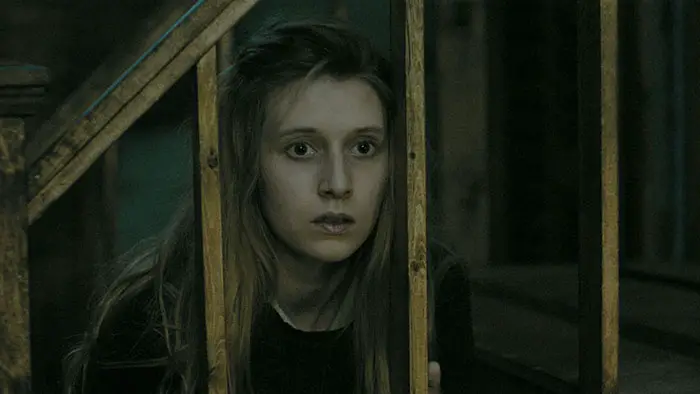
“…might be able to bring something, just having a more significant appreciation and understanding of the story.”
Getting into cinematography, becoming a cinematographer—what was it like for you when you first started versus today? Are the challenges still the same, or is the opportunity much greater today?
When I first started, because web content was already at peak popularity on YouTube, everything opened up when digital cameras were more accessible to people. Anyone could buy a 5D and shoot a short film. I think that sensibility has grown, and more people are just buying cameras and becoming cinematographers that way, rather than getting on a studio, movie, or TV show as a utility and working their way up.
I like my past through the digital world, becoming a DP very quickly, starting on a smaller scale, and then working my way into bigger and bigger projects. That’s worked for me. And I think the opportunity has only grown, and I think the other change has been social media. It allows people to promote themselves. And that wasn’t a thing. I didn’t have an Instagram or anything. I think that has changed the industry. It’s essential to have Instagram and promote yourself, and it’ll make people think of you for jobs.
What piece of advice would you give to, let’s say, a close friend who wants to do what you do? What’s the most important thing you would tell them to at least get their foot in the door in the business?
Try to have coffee meetings with as many people that you know in the industry. Just show them your excitement and tell them you’re available to work. That’s how you get on set for the first time. Also, don’t be afraid to ask questions if you don’t know anything. I think this industry is a constant learning experience, and I’m always learning new things about new cameras that come out, and it’s not a big deal. Also, go to events, which is a little bit harder right now, but showing up at the ASC Clubhouse, that’s a thing I would do a lot when they have open houses or panels with cinematographers. That’s how you meet people, and if you go enough and show your face, people will start to remember you.
